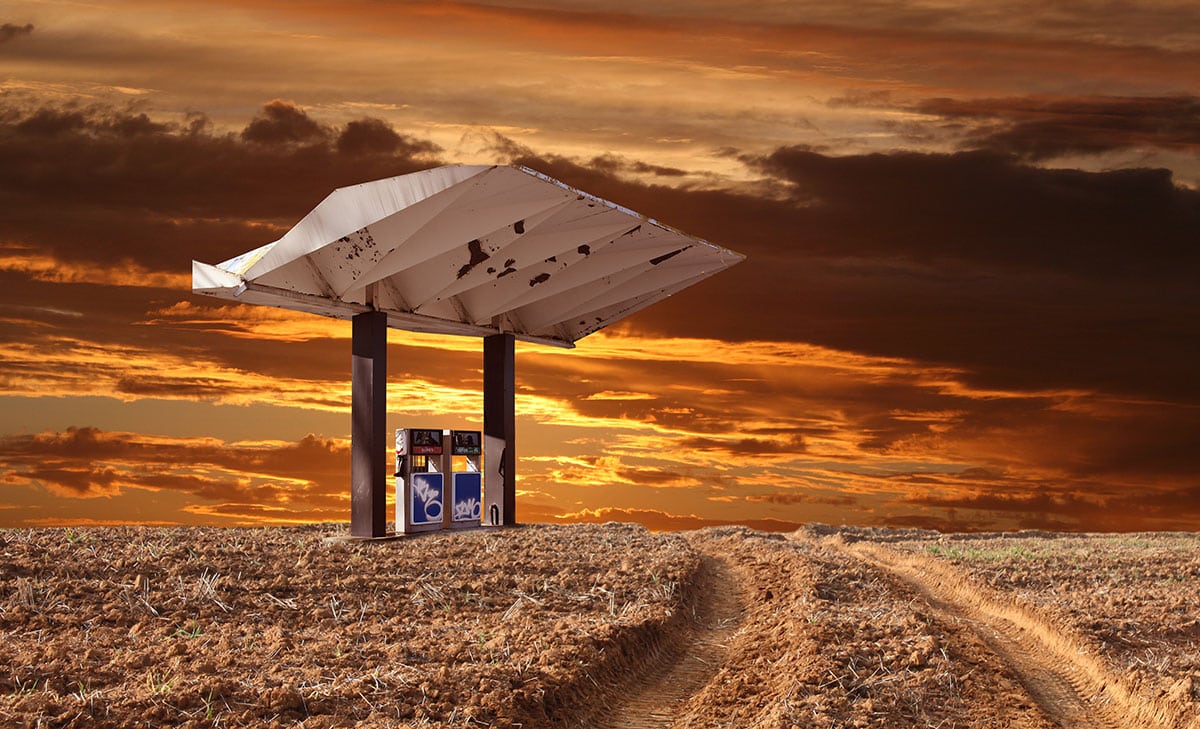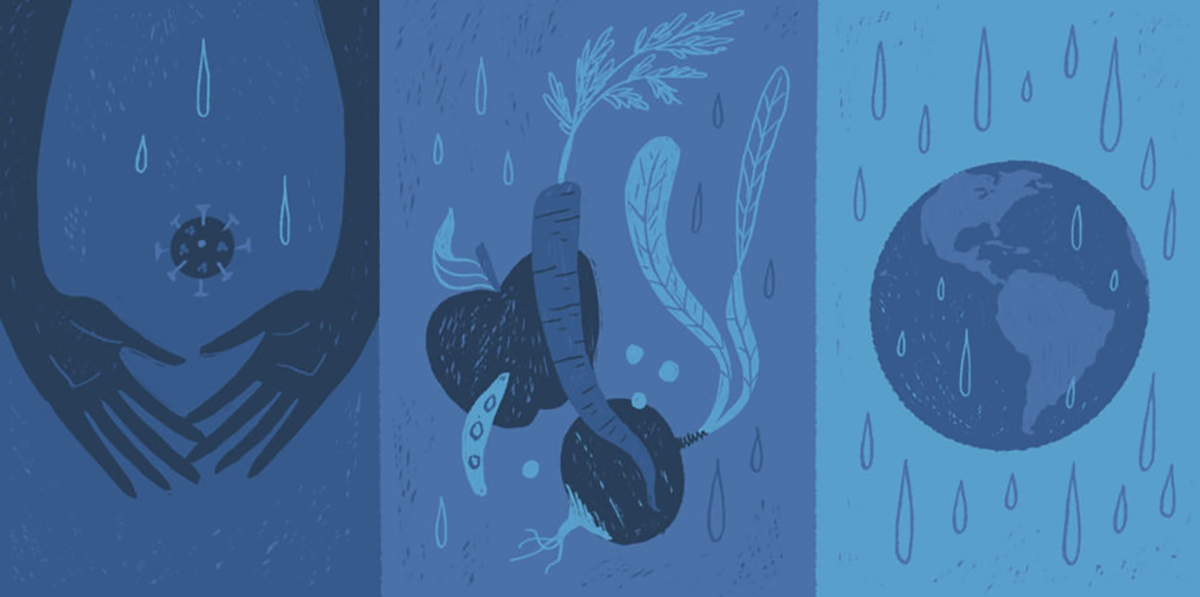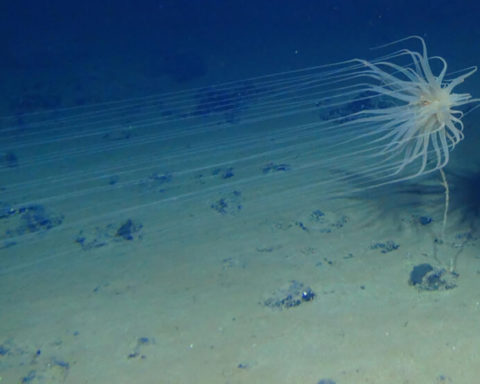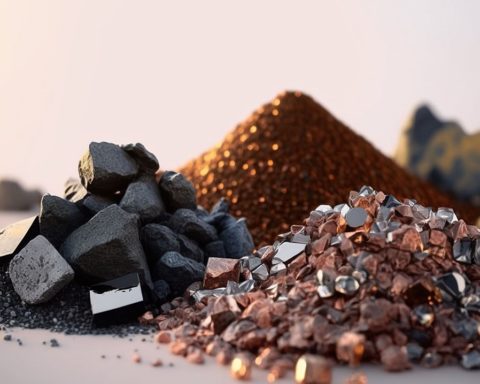Une scène étrange se répète en ce moment, à différents endroits du monde. Elle se tient dans les gratte-ciels des quartiers d’affaires, aux derniers étages des tours de verre, ou dans les clubs feutrés et discrets de Wall Street ou de la City. Des scènes dignes des tragédies shakespeariennes les plus noires ou des séries télévisées les plus cyniques. Des hommes puissants, bardés de pouvoir, celui de l’argent, sont en train de mener une opération que même les écolos les plus zélés n’auraient osé imaginer : ils retirent leurs investissements de l’industrie fossile —par milliards, par centaines de milliards. C’est un choc titanesque d’intérêts économiques qui se produit. Un drame lourd de conséquences pas seulement pour la finance mondiale mais aussi pour les chances de l’humanité de préserver un climat vivable.
Ils s’en doutaient depuis quelques années. Ils craignaient que le ciel ne leur tombe sur la tête. Ils savaient qu’un moment viendrait où leurs mensonges sur les dégâts causés par leurs activités sur la planète ne pourraient être tus plus longtemps. Ils savaient qu’ils deviendraient vite les pestiférés du monde ; ceux par qui le climat a chancelé.
Ils ont beau peser des milliers de milliards de dollars, ils ont beau détenir une puissance colossale —on disait d’eux qu’ils étaient les rois du pétrole—, ils ont beau tenir les rênes de l’économie mondiale, faire et défaire les gouvernements, provoquer les guerres et les rééquilibres géopolitiques, malgré cette superpuissance, ils vont tomber. Ceux qui sont en train de les abattre, c’est ceux-là même dont ils tétaient le sein, qui encourageaient leur juteuse expansion : leurs investisseurs, leurs banquiers.
Coup de mâchoire à leur empire
Chaque jour apporte un nouveau coup de mâchoire dans leur empire. Dernièrement, il y a une semaine, ce 3 février, c’est Goldman Sachs, la deuxième banque d’investissement au monde, qui a demandé à ses clients de « vendre » les actions d’ExxonMobil, qui était, il n’y a pas si longtemps, la société la plus importante au monde. ExxonMobil a perdu 41 % de sa valeur au cours des six dernières années, et Goldman prévoit encore plus de turbulences, avertissant que le géant pétrolier pourrait ne pas être en mesure de vendre tous les combustibles fossiles qu’il a en cours de développement.
Le 14 janvier, c’est BlackRock, le plus grand gestionnaire d’actifs au monde, qui a rendu le même verdict assassin pour l’ensemble de l’industrie des combustibles fossiles. « Le changement climatique est devenu un facteur déterminant dans les perspectives à long terme des entreprises … [et] oblige les investisseurs à réévaluer les hypothèses fondamentales de la finance moderne », a écrit Laurence D. Fink, fondateur et directeur général de BlackRock, dans sa lettre annuelle aux dirigeants d’entreprises du monde entier. Avec 7 000 milliards de dollars d’actifs sous gestion, BlackRock appelle à « une refonte fondamentale de la finance » qui devra prendre en compte les risques climatiques devenus risques d’investissement. Le leader de la gestion d’actifs va se détourner des actions des sociétés exploitant des combustibles fossiles, a ajouté Fink, et encourager plutôt les entreprises vertueuses, dont les activités contribuent à préparer un avenir où le monde pourrait effectivement atteindre l’objectif de l’accord de Paris de limiter le réchauffement climatique « bien en dessous » de la barre des 2°C.
Quelques jours plus tard, ce 31 janvier, les géants pétroliers sont abattus, poignardés sur le sol même du New York Stock Exchange, en direct à la télévision. C’est Jim Cramer, longtemps l’un des plus grands défenseurs du capitalisme américain, qui leur porte le coup de grâce. Il produit une émission, « Mad Money » diffusée sur CNBC, qui tourne en boucle sur les écrans plats des salles de réunion de toutes les sociétés d’investissement. Il annonce, brutalement, qu’il en avait « fini avec les combustibles fossiles ». Les grandes compagnies pétrolières et gazières comme Chevron et BP restent assez rentables à court terme, dit-il, mais leur « glas » a sonné, car les jeunes investisseurs « ne veulent tout simplement pas » posséder de telles entreprises non durables sur le plan environnemental. Dans un dernier coup de dent, Cramer compare les géants du pétrole aux géants du tabac, prédisant un exode massif des valeurs liées aux combustibles fossiles : « Ce sera un défilé … on dira : ‘Regardez, ce sont des tabacs, et nous n’allons pas les conserver ».
Pourquoi ne pas profiter d’une lecture illimitée de UP’ ? Abonnez-vous à partir de 1.90 € par semaine.
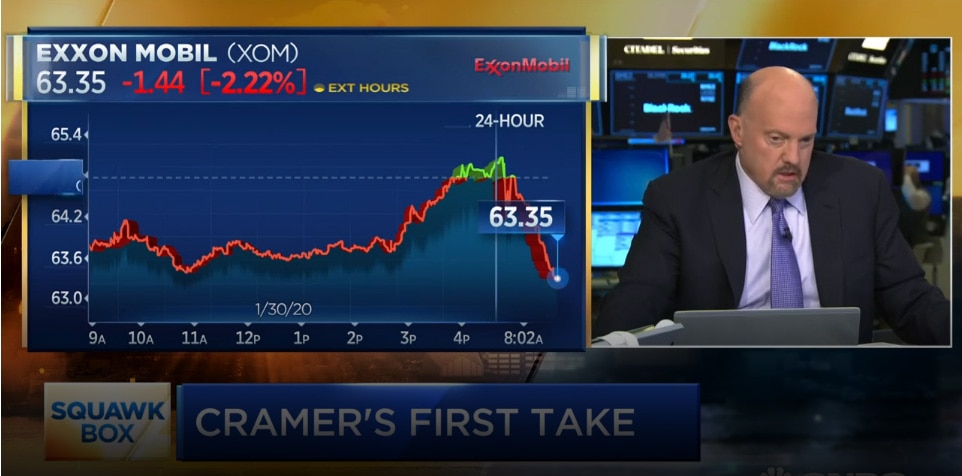
Jim Cramer est une grande gueule qui ne fait pas toujours l’unanimité chez ses collègues financiers ou des médias. On connaît son franc-parler mais, en l’occurrence, ce qu’il dit est d’une tiédeur insipide par rapport à ce qu’annonce la Banque d’Angleterre.
Bulle carbone
La vénérable institution britannique met en garde contre une « bulle carbone » qui pourrait mettre les investisseurs en faillite et déstabiliser l’économie mondiale, comme l’a fait la crise financière de 2008. La bulle provient des vastes réserves de combustibles fossiles qui constituent actuellement une richesse dans les bilans des compagnies pétrolières et les évaluations boursières, mais qui ne peuvent être brûlées sans faire monter la température mondiale bien au-delà de 2°C. La Banque annonce donc son intention de mener dans le courant de cette année des « stress tests », tests de résistance, exigeant que les plus grandes banques et compagnies d’assurance privées de Grande-Bretagne démontrent qu’elles peuvent rester viables si ces réserves de combustibles fossiles restent dans le sol et que la richesse qu’elles représentent s’évapore en conséquence.
Les pétroliers sont lâchés et le mouvement fait tache d’huile. Les financiers rejoignent le discours de militants, scientifiques, élus, qui exigent avec une vigueur croissante que les réserves de combustibles fossiles restent dans le sol. Ce que l’on reproche aux pétroliers, c’est leurs mensonges. Ils ont menti pendant des dizaines d’années sur les risques liés aux combustibles fossiles. Jeremy Grantham, un investisseur et milliardaire légendaire qui a prédit la crise financière de 2008 et la bulle technologique avant cela, ne s’attend pas à un renversement de cette tendance. « Les compagnies énergétiques savaient que le pétrole était un produit dangereux, et elles l’ont occulté », a-t-il déclaré à Bloomberg Green. « Cela nous prendra un certain temps, mais ils doivent devenir des parias ».
Mensonges organisés
On sait en effet depuis quelques années que les pétroliers ont favorisé le déversement de centaines de milliards de tonnes de CO2 dans l’atmosphère. Toutes connaissaient la portée et les conséquences de leurs actions depuis au moins cinq décennies. Aucune n’a fait marche arrière. Au contraire, aujourd’hui encore elles dépensent des centaines de millions de dollars en lobbying pour acheter la complicité des responsables politiques et s’offrir le droit de massacrer la planète.
Depuis cinq décennies, les grandes entreprises et les groupes industriels étaient conscients et ont délibérément ignoré la menace que représente l’utilisation continue de leurs produits pour le changement climatique. Ainsi, par exemple, en novembre 1965, le président des États-Unis, Lyndon Johnson, a fait publier un rapport rédigé par le Groupe d’experts sur la pollution de l’environnement du Comité consultatif scientifique de la présidence, dans lequel était clairement exposé l’impact probable de la production continue de combustibles fossiles sur le réchauffement global.
La même année, le président de l’American Petroleum Institute a déclaré à son assemblée annuelle : « L’une des prévisions les plus importantes du [rapport du président] est que le dioxyde de carbone est ajouté à l’atmosphère terrestre par la combustion du charbon, du pétrole et du gaz naturel à un tel rythme que d’ici l’an 2000, le bilan thermique sera modifié au point de provoquer des changements climatiques marqués. »
Quelques années plus tard, en 1982, Exxon prévoyait qu’aux alentours de 2090, les niveaux de CO2 auraient doublé en comparaison des premières années du XIXe siècle, et que cela conduirait, selon les connaissances scientifiques disponibles à l’époque, à une augmentation d’environ 3° Celsius des températures moyennes sur la planète.
- LIRE LES DOCUMENTS CONFIDENTIELS DANS UP’ : Des documents révèlent que, depuis les années 80, les pétroliers ont massacré le climat en toute connaissance de cause
Les entreprises pétrolières savaient parfaitement les risques qu’elles faisaient encourir à la planète et à l’humanité. Mais avec un cynisme magistral, elles ont construit une ligne de discours qui ne changera jamais jusqu’à aujourd’hui. En effet, refusant toute prise de responsabilité, les compagnies pétrolières, gazières et charbonnières affirment que c’est aux États et aux consommateurs d’assumer la « charge principale » de la lutte contre les changements climatiques, et non à l’industrie de l’énergie. Plus encore, ces compagnies se sont acharnées à mener des campagnes de dénigrement des recherches sur le climat et à peser de tout leur poids pour faire reculer les politiques favorables aux énergies propres.
Les compagnies pétrolières sont condamnables. Mais avant qu’une cour de justice ne les juge un jour, elles le seront sans doute avant par leur marché. C’est ce qui se passe en ce moment. C’est bien ce que prévoyait Jeremy Rikfin dans son livre Le New deal vert mondial. Il prédisait : « D’après les études de groupes bancaires et financiers, des milliers de milliards de dollars des énergies fossiles sont en passe de devenir des actifs bloqués, qui deviendront obsolètes avant de parvenir au terme de leur cycle de vie. Ils ne pourront jamais être amortis. Il s’agit pour le moment d’une bulle financière gigantesque, historique, de 100 000 milliards de dollars d’après Citigroup, 40 000 milliards selon The Economist. Elle devrait exploser d’ici à 2028. »
Pour lutter contre la désinformation et privilégier les analyses qui décryptent l’actualité, rejoignez le cercle des lecteurs abonnés de UP’
Déni coupable
Les « seigneurs du pétrole » ne comprennent pas toujours la mutation et le revers de fortune qui les frappe. Ils ont bâti de véritables empires sur l’or noir, ils ont été faiseurs de rois et ont profondément configuré la géopolitique mondiale. « Difficile pour ces seigneurs du fossile de s’imaginer comme mauvais alors qu’ils ont façonné le progrès. Il y a surtout la volonté de ne pas lâcher cette rente qui les a faits si riches et si puissants », analyse Geneviève Férone dans une interview à UP’ Magazine. Elle ajoute : « On a pourtant envie de leur dire « vivez avec votre temps » ! »
- LIRE DANS UP’ : Total joue la stratégie du chaos climatique
Face à ce qui ressemble à une forme de déni, ce sont les grands acteurs de la finance mondiale qui se positionnent pour accélérer le basculement de l’industrie pétrolière. Les oreilles des investisseurs entendent mieux les sirènes des défenseurs de l’environnement et de ceux qui veulent en finir avec la civilisation fossile. Ils se mettent donc dans un mouvement radical de réaction. Non par altruisme, mais pour des raisons qui sont liées au déplacement de la rente et des intérêts économiques.
Les financiers et les sociétés d’investissement font une révolution culturelle et se disent qu’investir dans des énergies fossiles est pénalisant pour les rendements futurs.
Ils tirent le tapis et la chute sera brutale.
Les pétroliers ont survécu à de nombreuses crises au cours de leur histoire. Ils ont toujours survécu en recourant aux armes que leur conférait leur puissance : l’argent, les campagnes de lobbying, les manœuvres, les mensonges et la désinformation. Cette fois-ci, la menace qui pèse sur eux pourrait être fatale. Ce serait en revanche une chance pour nous de préserver un climat vivable.

Avec Covering Climate Now

